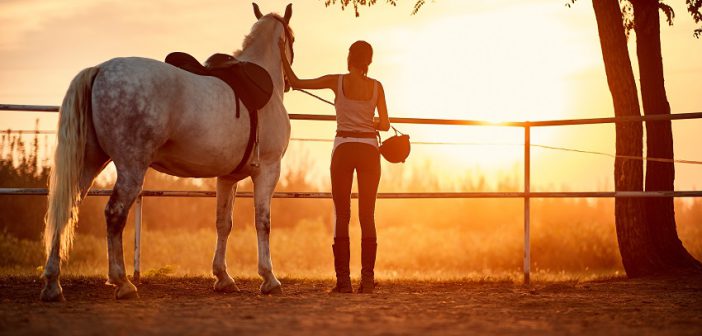Recognizing how much time and effort goes into caring for horses before purchasing one is essential for regular care, including access to food, clean water, and a safe area to exercise. They also require frequent visits to the vet, grooming, farrier treatments, and exercise, all of which cost money.
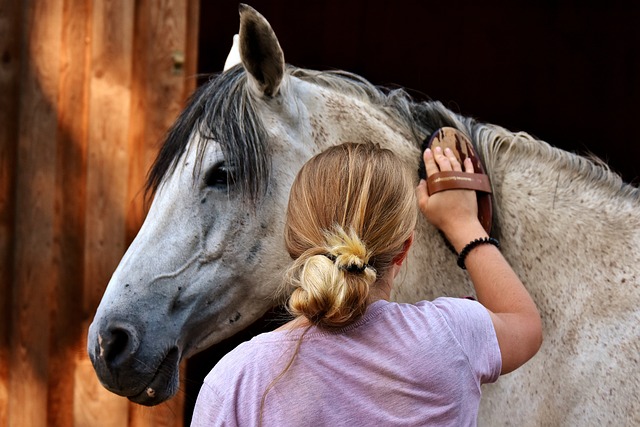
Additionally, various chores must be completed daily, weekly, monthly, yearly, or even seasonally.
Safety and nutrition are just two of the many topics you should educate yourself on, so don’t be shy about asking questions to ensure you’re up to speed.
For Everyday Care
The following is an example of a typical daily stable management and horse care routine:
- Give your horse hay or grain every morning and evening.
- Clean and restock water containers every morning and evening.
- Stalls should be cleaned daily and at night, removing urine and manure stains.
- Swap off the bedding with new.
- Every day clean their hooves.
- In the winter, take off the blankets in the morning and put them back on at night.
- During the summer, spray your horse in the morning and evening with fly spray or bug repellent.
- Every day, let your horse out for exercise so he may receive some fresh grass and sunlight, move around, stretch his legs, and roll.
- Ride your horse in the ring, on a path, or lunge him, lunging where you use a long rein to exercise your horse at least several times per week.
Equipment Required To Care For Your Horse
Let’s go over the essential horse-care equipment you’ll need. It is critical to have this equipment before purchasing and transporting your horse.
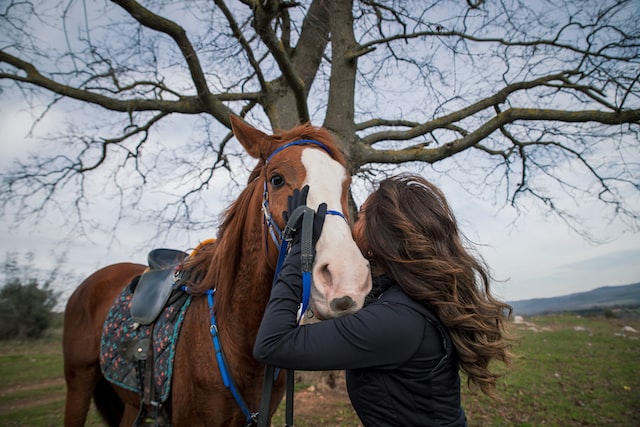
The last thing you want is to be without equipment when required. For the best types of equipment and care tips, check out Horsevills, where everything is about horses.
Some essentials to remember include
- Halter
- Lead Rope
- Grooming Kit
- Equine First Aid Kit
- Water Buckets
- Feed Pan
- Tack for Riding
- Horse Shampoo
- Sponge
- Hay Net
- Fly Spray
What is the best horse-keeping option for a beginner horse owner?
There are numerous options for where to keep your horse, as well as various degrees of care. Options include keeping a horse on your property, self-care elsewhere, boarding, and training boards. However, Boarding is excellent for new horse owners because it reduces the number of decisions you have to make and assures your horse is fed, turned out, and checked on by specialists daily.
Grooming your horse
Grooming is a critical component of keeping your horse happy and healthy. It’s also a fantastic way to connect with your horse. Horses require frequent grooming to keep their hooves and coats in good condition. Plan at least 15 minutes of grooming time each day you’re out, and groom at least twice a week.
Nutrition
Horses require a balanced diet of water, protein, carbs, lipids, minerals, and vitamins, which can be obtained via hay, grain, and mineral blocks.
Nutrition is vital for horses, and new information is being discovered daily. Horses require 1-2% of their body weight in hay daily, equating to 10-20 pounds of hay + food. Because most grains are well-balanced, you don’t need to go overboard with supplements.
Regular check-ups
Routine vet check-ups and vaccines are critical to your horse’s general health. Horses require an annual physical exam in which the vet will feel their entire body, check their ears and eyes, listen to their heart, lungs, and gut sounds, check their hooves, perform a rudimentary neurological assessment, and so on.
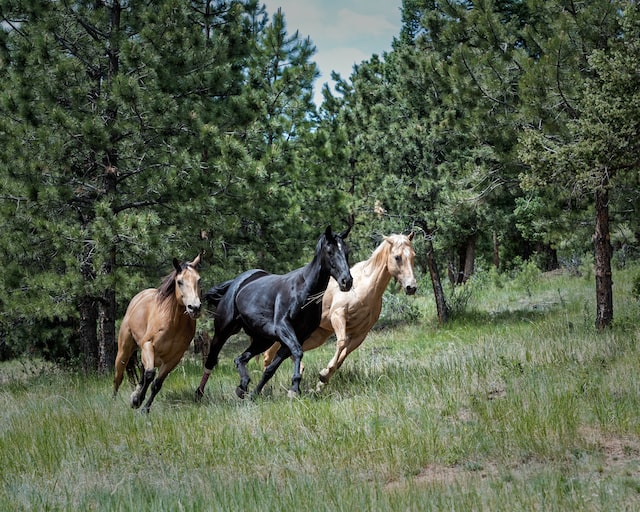
Some horse owners utilize their veterinarian for their horse’s annual dental work; their teeth should be floated once or twice a year, but I advocate consulting with an equine dentist.
Horses require vaccinations as well, usually in the spring and fall.
Farrier Care
Your farrier may make or break your horse, so find one who is qualified and conducts quality jobs. Every six to eight weeks, your horse will need to be examined. For a trim schedule, always follow the advice of your farrier. He will also tell you if your horse requires a hoof supplement, usually one strong in biotin and any paints or oils.
Water Requirements
Water consumption is another critical part of your horse’s nutrition. Water is required for circulation, digestion, body temperature regulation, and energy production in your horse. Your horse will perish if he does not have access to water. A horse requires 5 to 10 gallons (19 to 38 L) of water daily.
Safety
While appearing to be gentle giants, horses are enormous animals prone to dumb behavior. Horses have a near-180-degree vision on all sides, although they have blind spots in front and behind them.
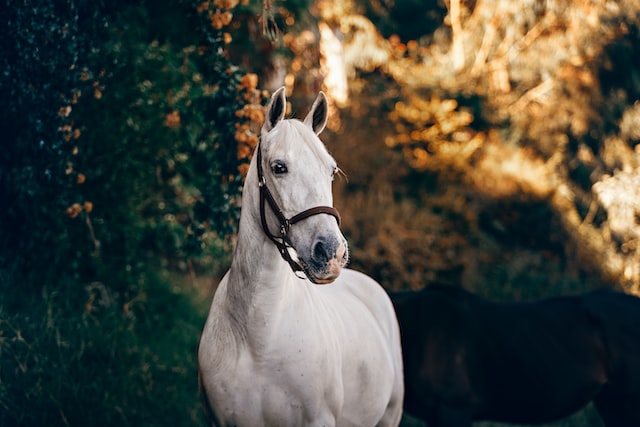
It is critical to approach a horse from the side rather than the front or back. Never dash toward a horse or go beneath its belly.
Bottomline
Apprenticeship with an experienced horse person is the most incredible method to learn how to care for a horse. This may be as simple as hanging out at the stable where you take lessons and ask lots of questions or as complex as leasing a horse for a period so the owner can teach you how to groom and care for a horse. But if you are new, don’t worry. You’ll be ready for responsible horse ownership once you’ve mastered these fundamentals.
Furthermore, Owning a horse or numerous horses entails a slew of personal and financial obligations. Before you decide to add a horse to your family, keep in mind a few unforeseen fees that many people overlook. Check out these 3 Unexpected Costs of Owning Horses to know more about such fees.

